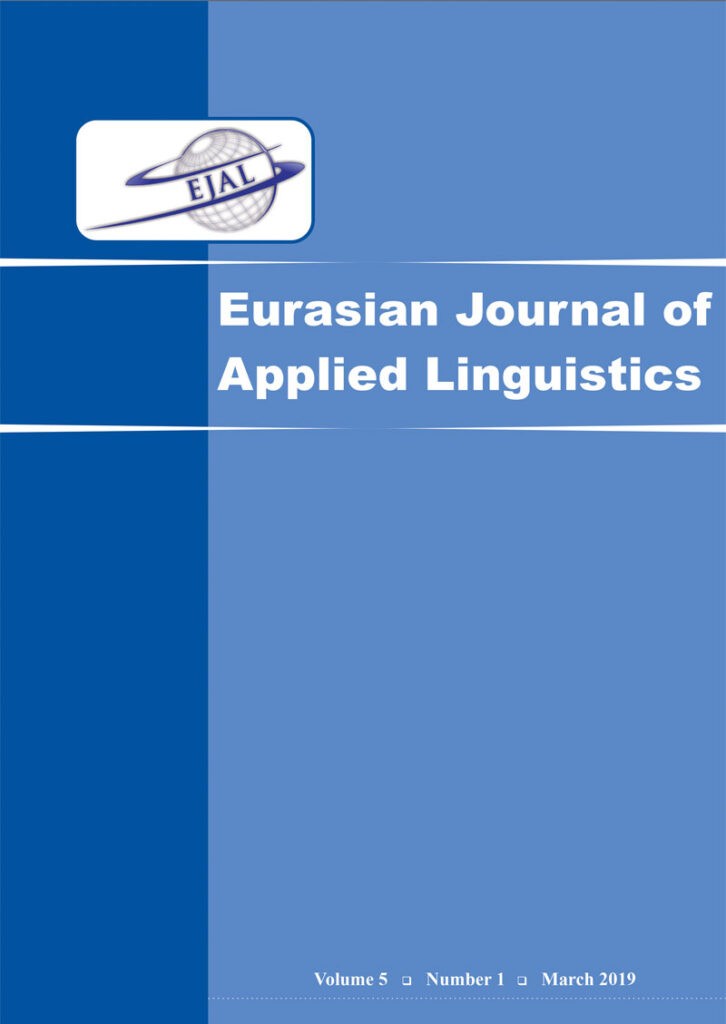The effects of differentiated instruction on Turkish students L2 achievement, and student and teacher perceptions
Ahmet Cihat YavuzBahçehir University https://orcid.org/0000-0002-3246-952XKeywords: differentiated instruction, differentiated L2 Instruction, traditional L2 instruction Abstract Endeavors have been invested to account for inefficient instruction, which is frequently attributed to disregarding learner idiosyncrasies. As a matter of course, differentiated instruction has begun to receive scholarly and professional attention in the hopes of ameliorating learner outcomes through learner-aware […]


